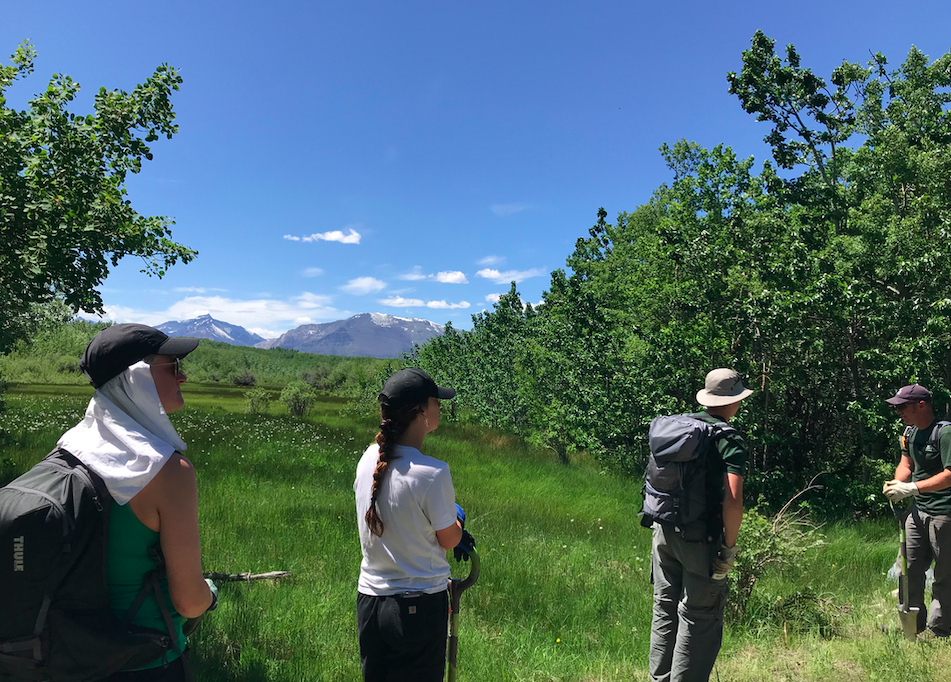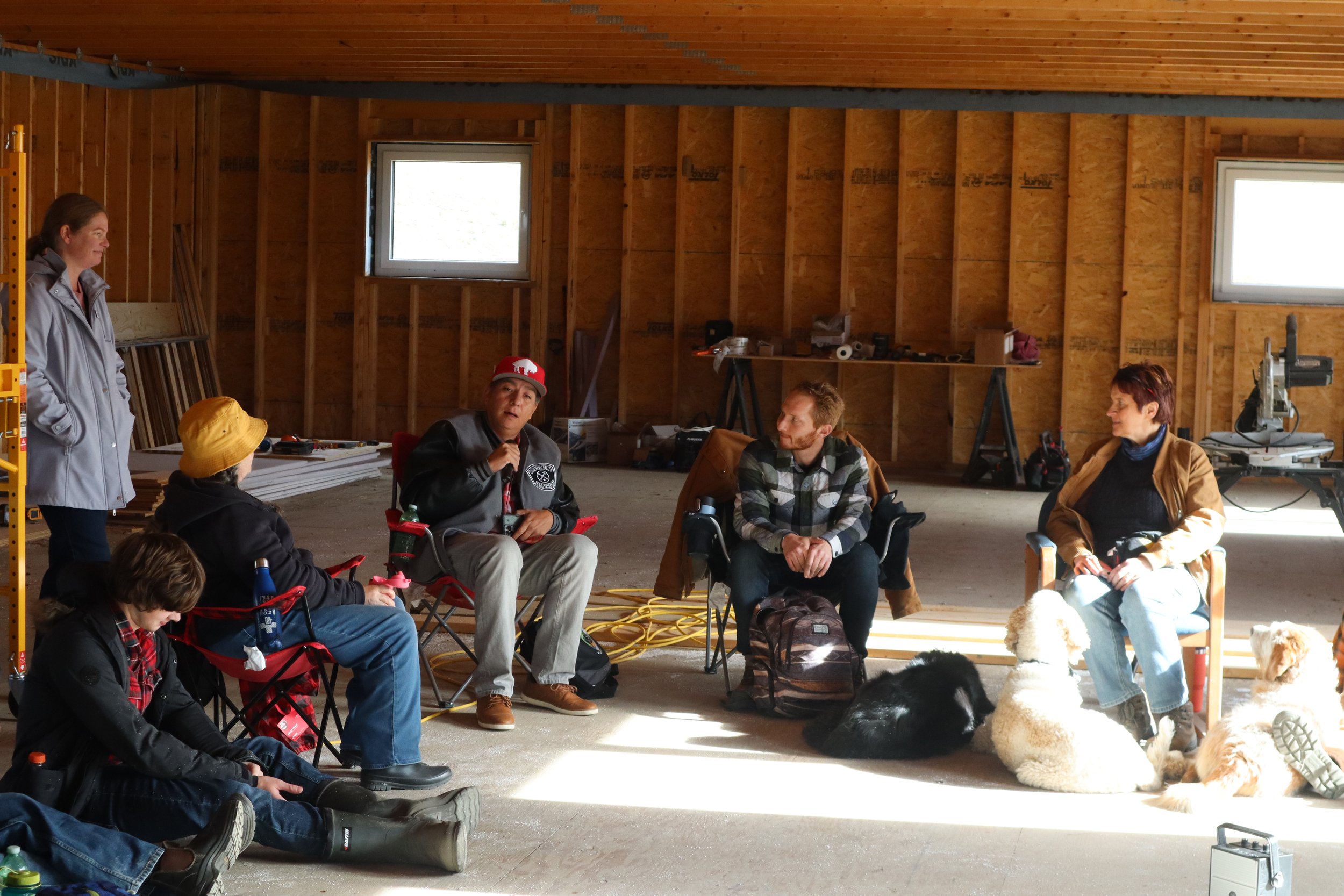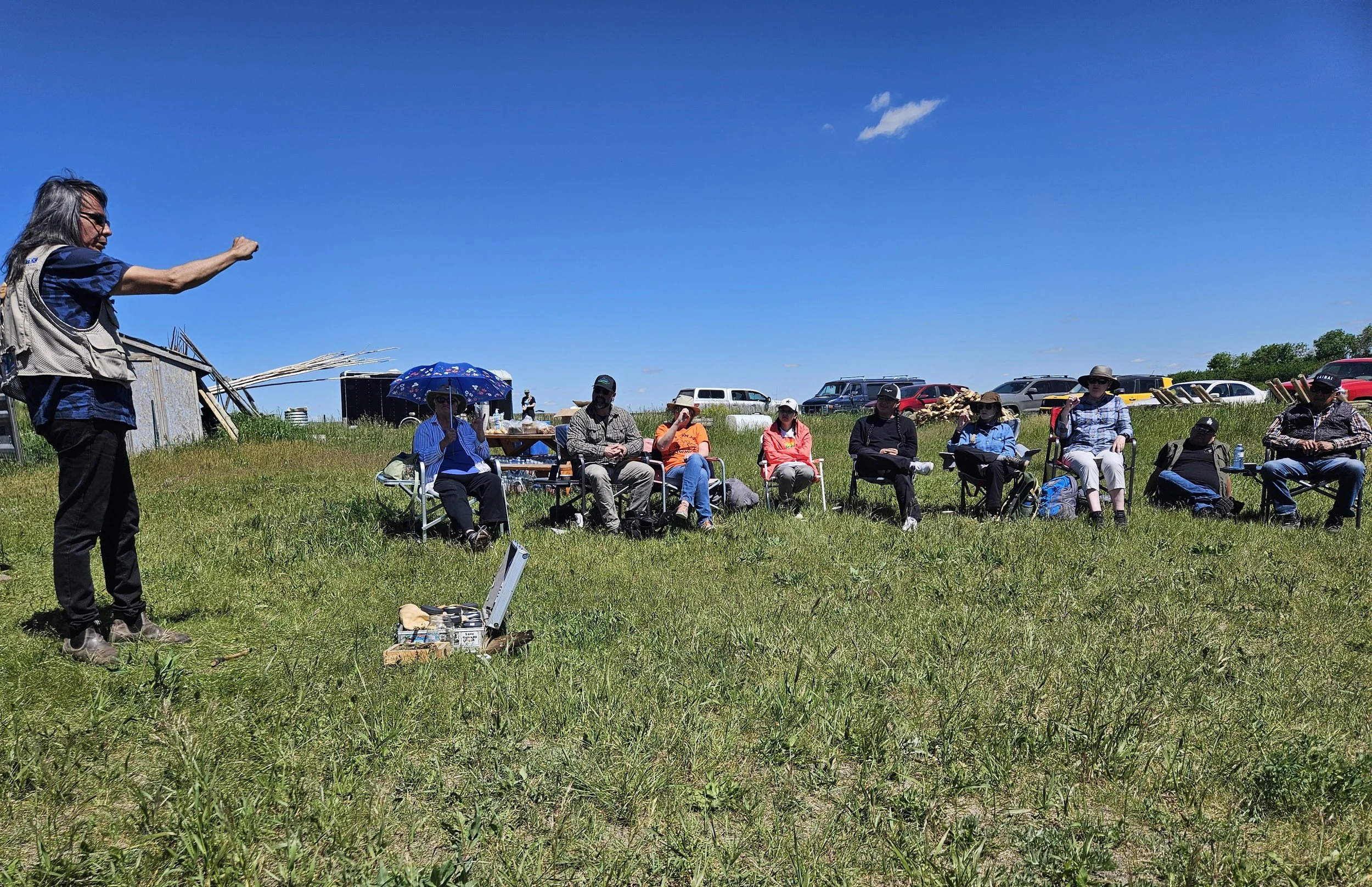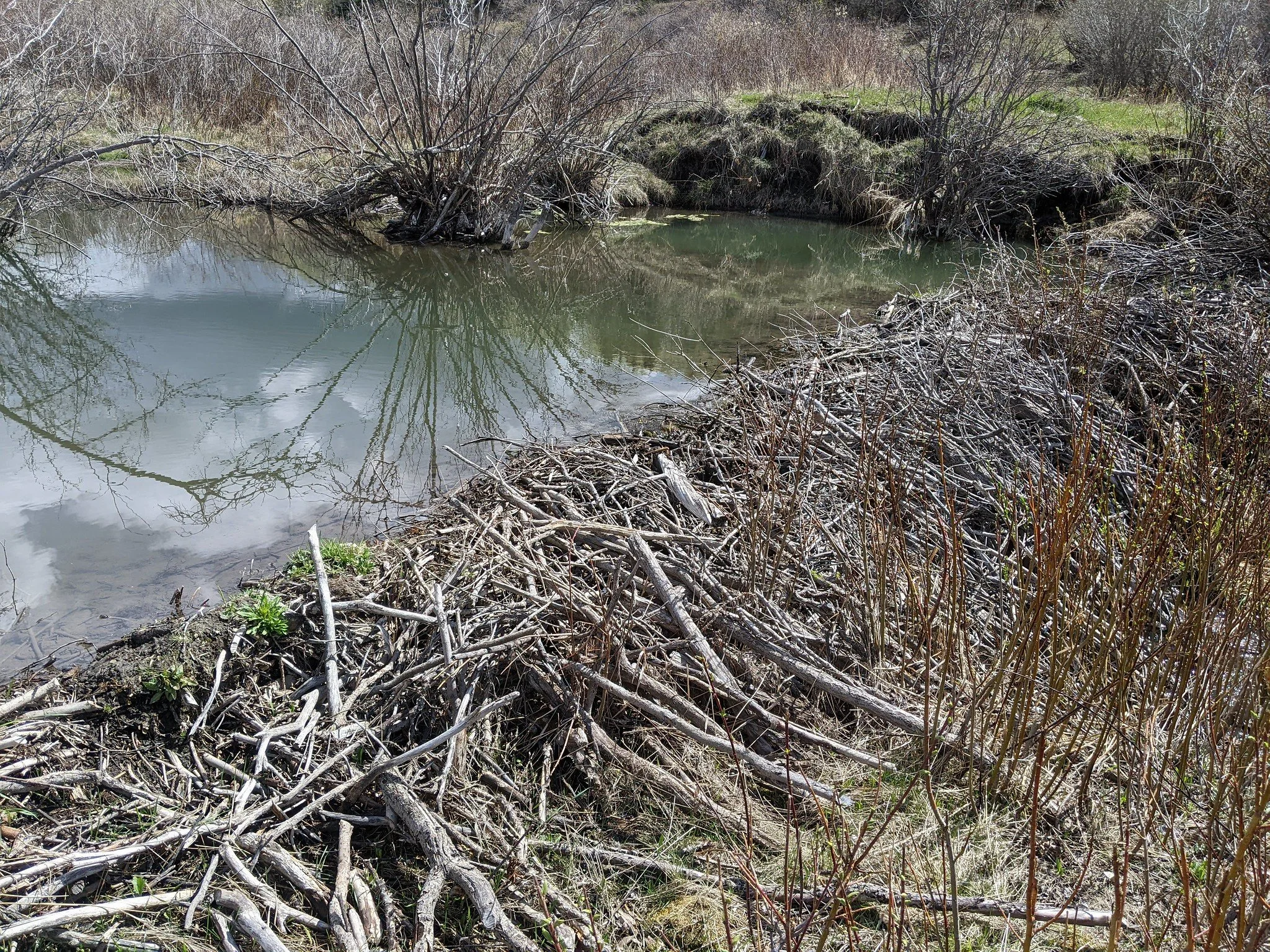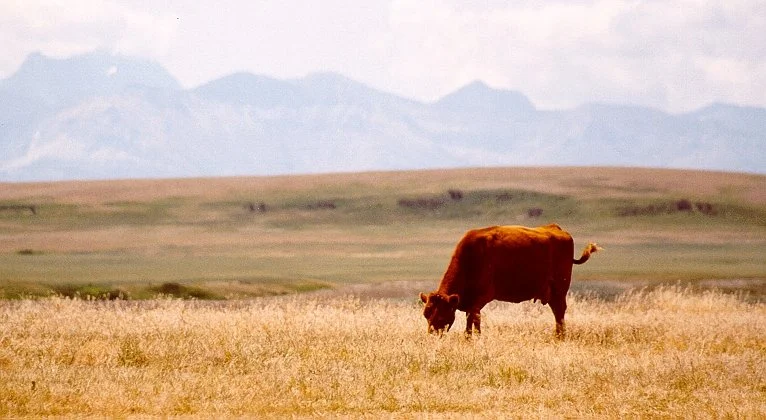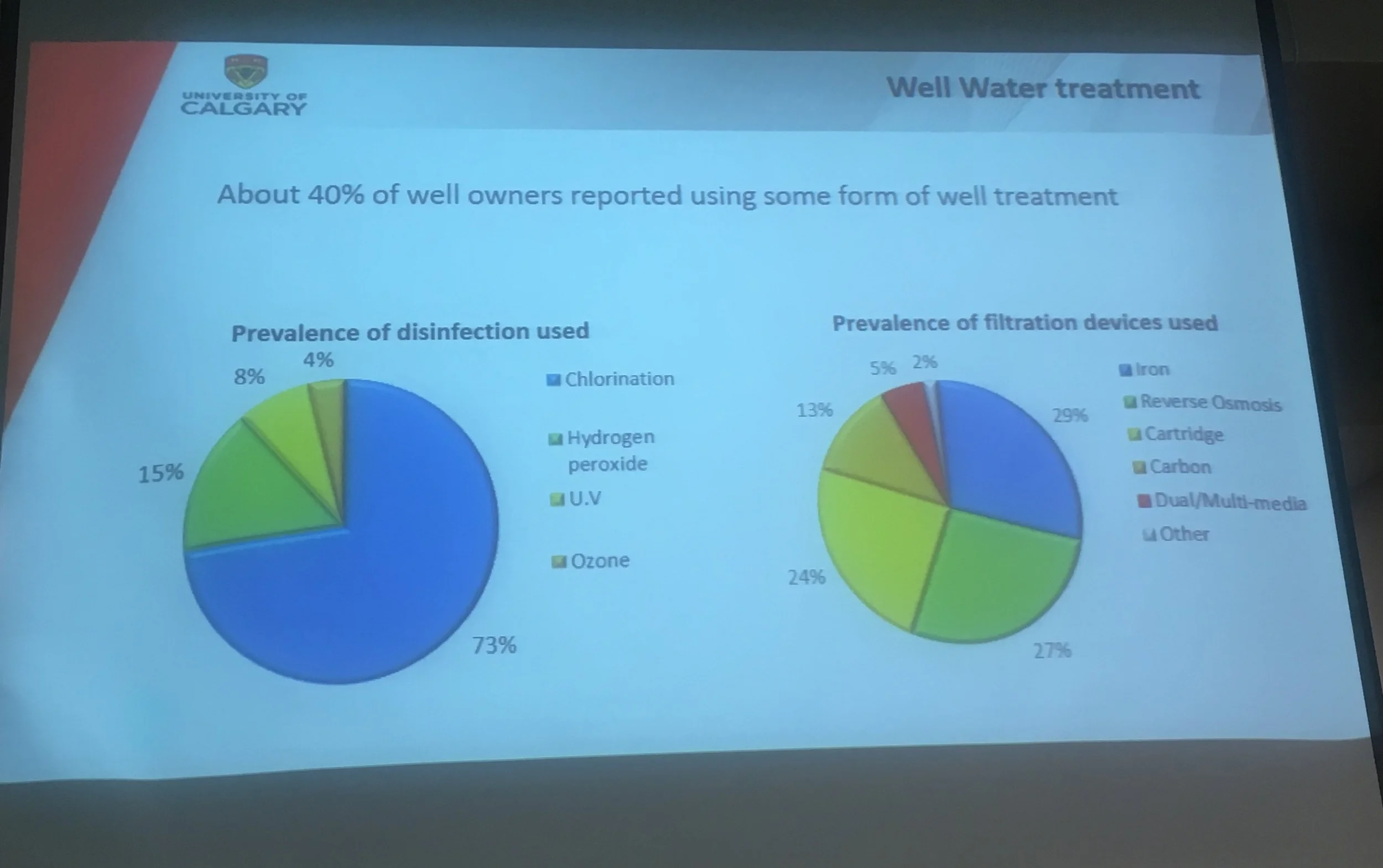The fifth instalment in our "Understanding Drought" blog series is now live. In it, we look beneath the surface and unearth information about groundwater.
Well Water Perceived as Safe
Overall, the study found that most well owners feel they are not susceptible to well contamination issues because they have not had any health concerns that they linked to their well water quality. Perceived susceptibility is critical, because it helps indicate how motivated people would be to test and/or treat their well.
Well Water: Risky or Safe?
Are you a well user? Don't get your water from the public system?
Interview with filmmaker Rick Searle
***SCREENING LIVE FOR WORLD WATERDAY MARCH 22*** With all the attention on the headwaters at the moment (it IS, after all, the first goal tackled via the OWC's Action Plans ....) it can be easy at times to forget what happens downstream. That, is, until disaster strikes like it did in the floods of 2013. Filmmaker Rick Searle explains how decisions made upstream helped contribute to a semi-arid corner of Manitoba being completely flooded ...

